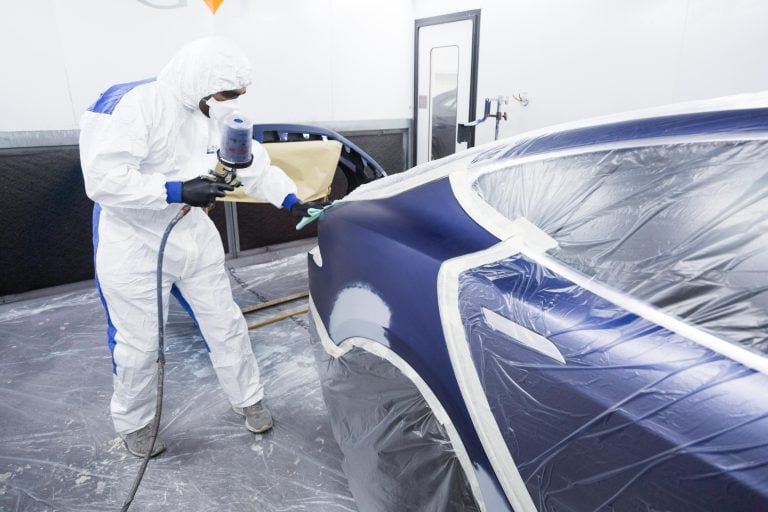- Servicing Case Studies
The Ultimate Guide on How to Save On Car Fuel Costs | GVE London – Blog
Discover practical strategies to boost fuel efficiency, reduce car fuel costs, and cut your carbon footprint with smarter driving and optimal vehicle care.
One of the major priorities for drivers worldwide has been keeping fuel costs low. Rising prices and environmental issues have called for more intelligent driving, optimum vehicle maintenance, and searching for alternatives to reduce fuel costs. Whether it is a compact car or a supercar, saving fuel can save costs and reduce carbon footprints. Here, practical strategies to boost fuel efficiency and thereby minimise your car fuel costs while gaining miles to the gallon will be discussed.
Why Reducing Fuel Costs Matters?
Fuel costs tend to add up quickly. If you depend on your car for commutes or long drives, the budget balloons out of hand fast. Improving fuel efficiency thus saves you financially and burdens the environment less. By taking some simple steps, you will notice the difference when you improve fuel efficiency.
Routine Maintenance for Optimal Fuel Efficiency
A well-maintained vehicle will consume less fuel. Regular activities like oil changes, tyre checks, and air filter replacements minimise minor problems from developing into big, costly problems. Maintaining the engine to keep it in great condition ensures optimal fuel burning; every drop counts when utilised efficiently. The little maintenance efforts save the larger ones in the long term and increase fuel consumption without unexpected costs.

Proper Tyre Care
Underinflated tyres add friction to the roads as your car works harder and utilises more fuel. Checking tyre pressure regularly every time you fill up is important for enhancing efficient fuel use. Maintaining well-conditioned tyres will help reduce fuel over time, support vehicle handling, and extend tyre usage and lifespan.
Lighten the Load
Any overweighting of your car contributes to extra fuel intake. Unwanted items on the trunk and backseat reduce your load, which then needs less fuel for the movements. For every 100 pounds added to the car, it can decrease the fuel economy by up to 1%. Therefore, packing light saves you in terms of car fuel expenses in a straightforward way.
Optimise Your Driving Style
Driving styles heavily dictate fuel consumption. Acceleration, braking, and excessive speed accelerate fuel expenses. A smoother driving style would help improve the cruising speed, which does not have to make stops on highways unnecessarily. This way, you would have been able to avoid the stops that would otherwise make the fuel consumption go higher.
Limit the Use of Air Conditioning
Air conditioning adds an extra load on the engine, especially when travelling at low speeds. If it is warm enough, then use open windows instead of air conditioning. At highway speeds, however, open windows create drag, which may offset the fuel saving. Ventilation methods can be chosen based on the driving conditions to balance comfort and cost savings.
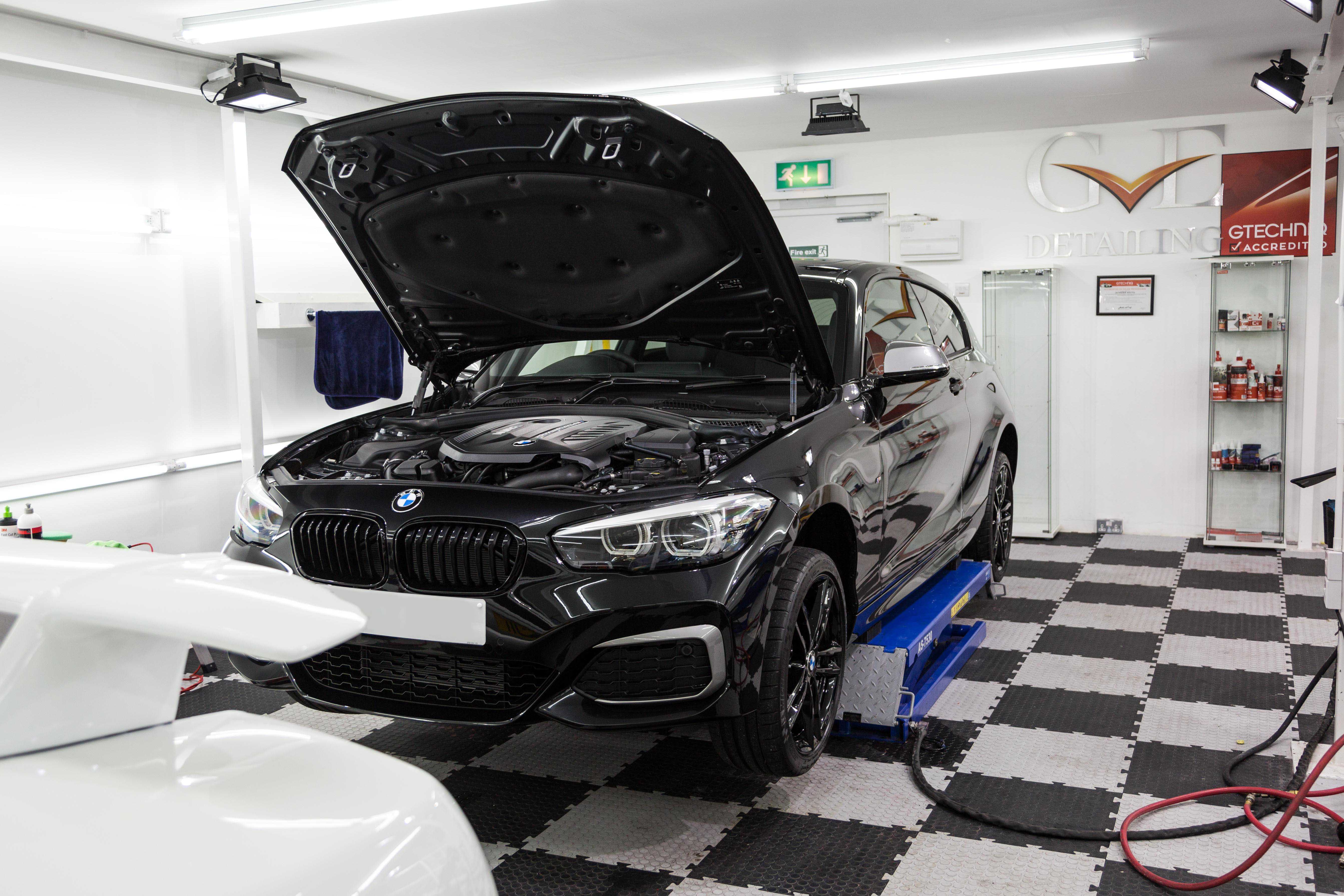
Use High-Quality Engine Oil
Selecting the right engine oil and ensuring its top quality makes a huge difference in fuel economy. Top-quality synthetic oil reduces friction within the engine and, withstanding the higher temperatures results in optimal fuel efficiency. Consulting with professional mechanics or visiting a supercar service centre like GVE London helps you find the right oil for boosting performance.
Plan Trips Wisely
Combining the errands into a single trip instead of making multiple short ones can help the engine maintain an optimal operating temperature. Cold starts consume more fuel, so minimising the number of starts leads to minimised fuel use. Plan a route to reduce idling in traffic or choose less congested roads that will help reduce the unnecessary consumption of fuel.
Read Also: How to Improve Fuel Efficiency on Bentley Continental GT?
Choose Routes with Fewer Stops
Make frequent stops and start lower fuel efficiency by forcing your car to restart the frequent fuel combustion. Whenever it is possible, opt for the routes with fewer stops or the longer stretches of the road that help you maintain a steady speed. GPS apps offering traffic data can help in avoiding congested areas and enhance fuel efficiency.
Use Fuel-Efficient Tyres
Not every tyre is made in the same way, and not all perform the same in terms of fuel economy. Fuel-efficient tyres reduce the rolling resistance that helps your car achieve better mileage. Invest in specialised tyres, resulting in visible savings mainly for the ones who are regular drivers. A visit to a reputed supercar service centre like GVE London offers expert guidance on the best fuel-efficient tyres for your vehicle.
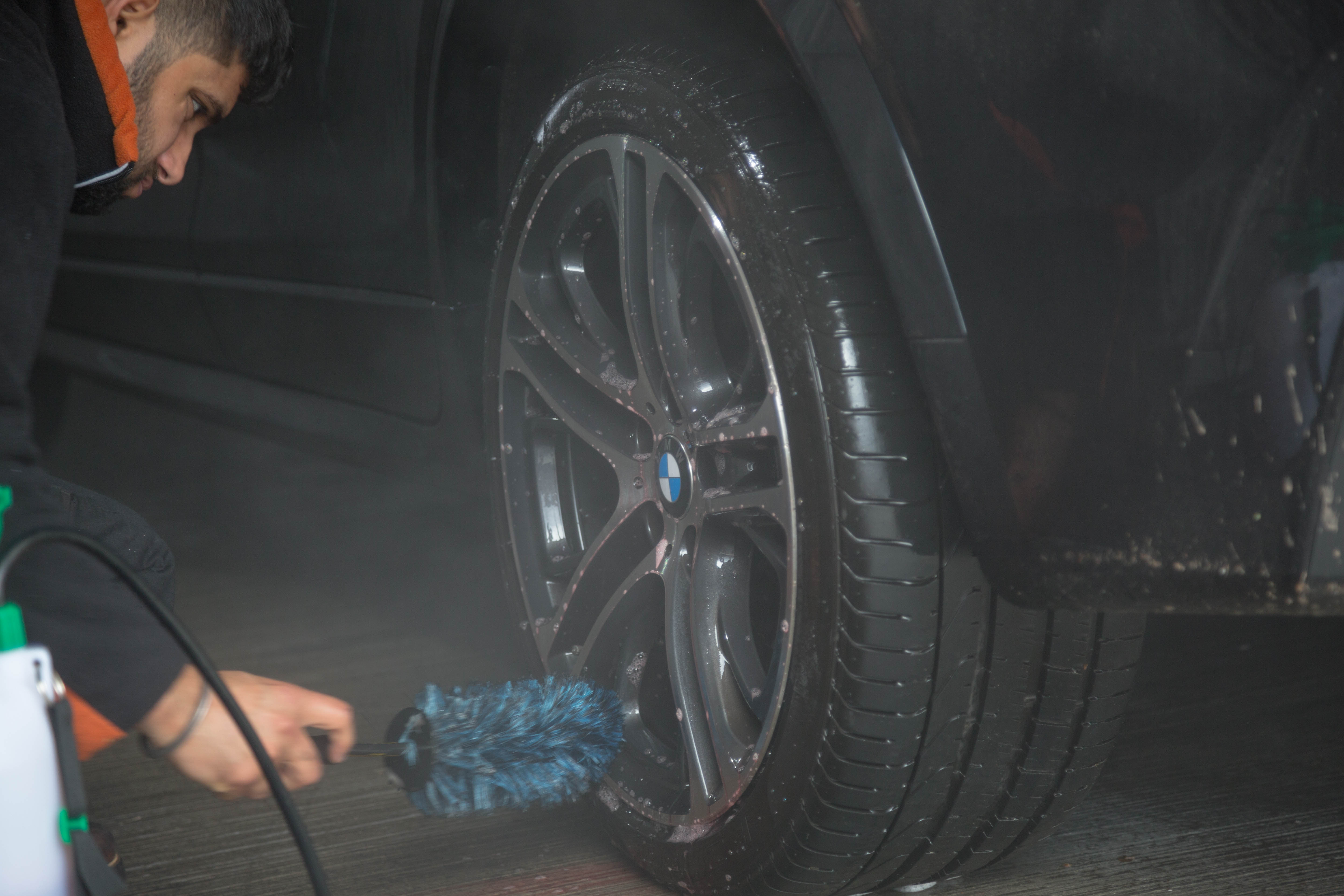
Monitor Fuel Consumption Regularly
Monitor fuel usage to spot unusual increases that indicate mechanical issues or inefficiency. Regular monitoring enables you to set personal fuel-saving goals while assessing the effectiveness of varied strategies. The vehicle data system and apps simplify the whole process, making it easier to keep tabs on the car’s performance and fuel economy.
Consider Fuel-Efficient Driving Modes
Numerous modern vehicles arrive in different driving modes, focusing on fuel efficiency and performance. Switching to economy mode while commuting or driving through the city adjusts the throttle responses and engine power for better fuel use. Take advantage of this aspect, which can help maximise mileage while reducing fuel costs.
Regularly Replace Spark Plugs
Damaged spark plugs eventually lead to incomplete fuel combustion, which leads to higher fuel consumption. Regularly replacing these plugs ensures highly efficient fuel combustion, preventing issues that might arise from misfiring. The smaller investment in the spark plugs often translates to notable savings at the pump over time.
Final Thoughts
Minimising car fuel costs is attainable with a couple of adjustments made to driving habits, planning, regular supercar servicing and maintenance. Effective driving combined with the appropriate care of your vehicle proves key to optimising fuel use. By taking advantage of tips and strategies, you can make a real difference in fuel costs over time. GVE London offers premium-grade supercar detailing, bodyshop repairs, PPF, and more if you are planning to maintain the peak performance and aesthetics of the car.
Frequently Asked Questions
This essentially means that all parts of a car should be smooth-running, thus alleviating the effort that would otherwise have to be put into the engine so that fuel usage is maximised.
Yes, especially for more than a minute. Idling for more minutes is less effective by a long shot than restarting it.
Absolutely. Fuel-saving tyres reduce rolling friction, which requires less power from an engine and increases fuel economy.
Contact Us
"*" indicates required fields
OUR SERVICES
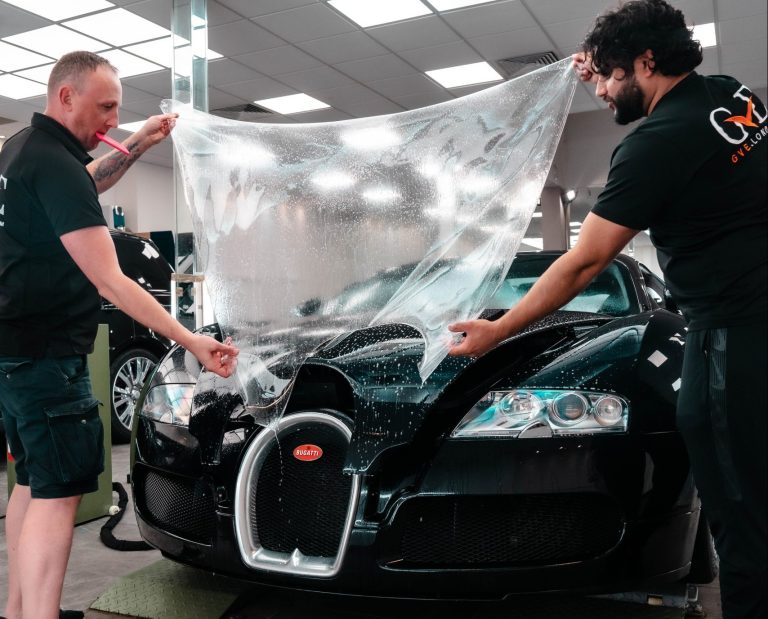
PAINT PROTECTION FILM
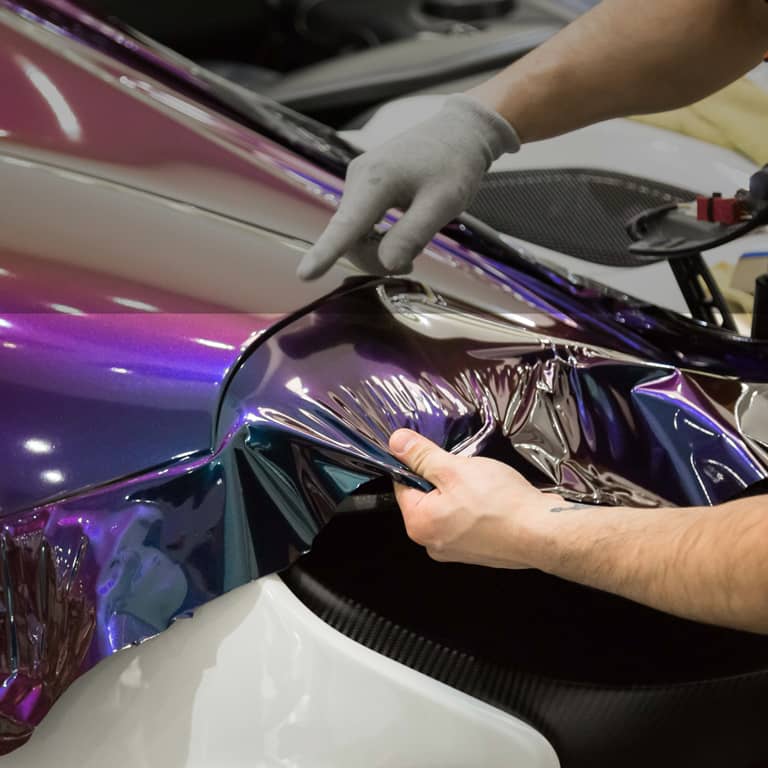
WRAPPING
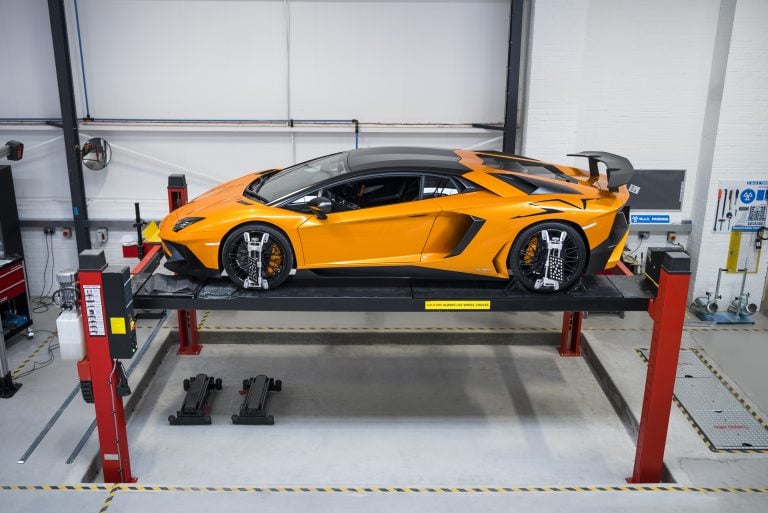
SERVICING
